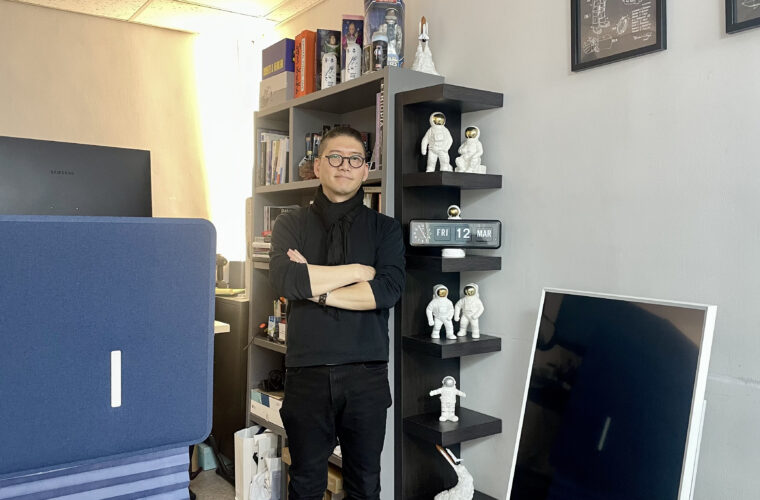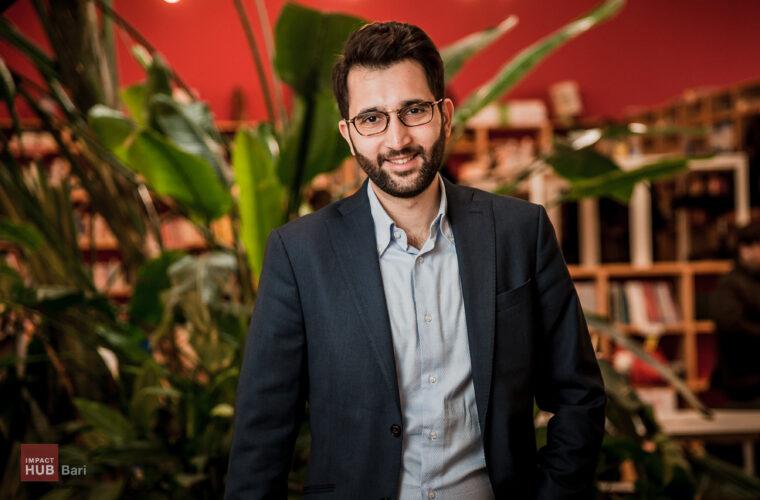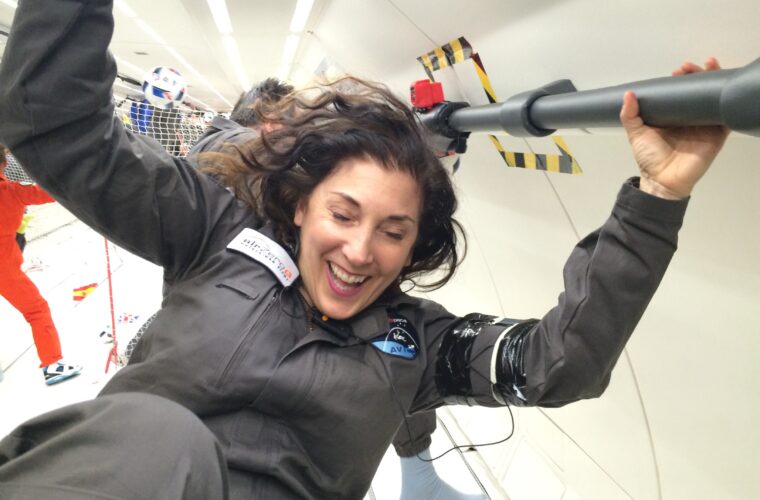Place of residence
As a “digital nomad”, I move around a lot. My place of residence is anywhere with a good internet connection. Since starting this lifestyle in 2015, I have been to Asia, Latin America and many European countries. Right now, I am back in Europe to spend some time with my family and enjoy autumn and Christmas. It’s funny how, after escaping many cold seasons, being here during autumn actually feels very special.
Please describe a day in your life.
I like to get up early, around 5:30 or 6. I start the day with a freshly ground coffee, and I like to get an early workout at the gym. Afterwards, I either work from home or in a coworking space. I take additional classes, mainly language, music and boxing, either in the morning before work or in the late afternoon after work.
How many projects are you currently working on? Please describe them
OLS is the online language platform on EU Academy and features a language learning community for each language represented in the European Union (and some more!). As language learning and teaching are two of my passions, I am very happy to be a part of this project as the community manager for the German community.
Besides language learning, I have been a big video game nerd since childhood. Video games are the root of online communities, the first significant communities gathered around video games. With my agency, Communitygeeks, I focus on building engaged communities for clients from the video game industry.
How would you define community management?
On the surface, the definition of “Community Management” is very simple: We build communities for our clients. It sounds simple, but if you dig deeper, a much more complex job description surfaces. For me, Community Management is about building relationships and fostering belonging. You are working with people and building connections with them about something that you both care about.


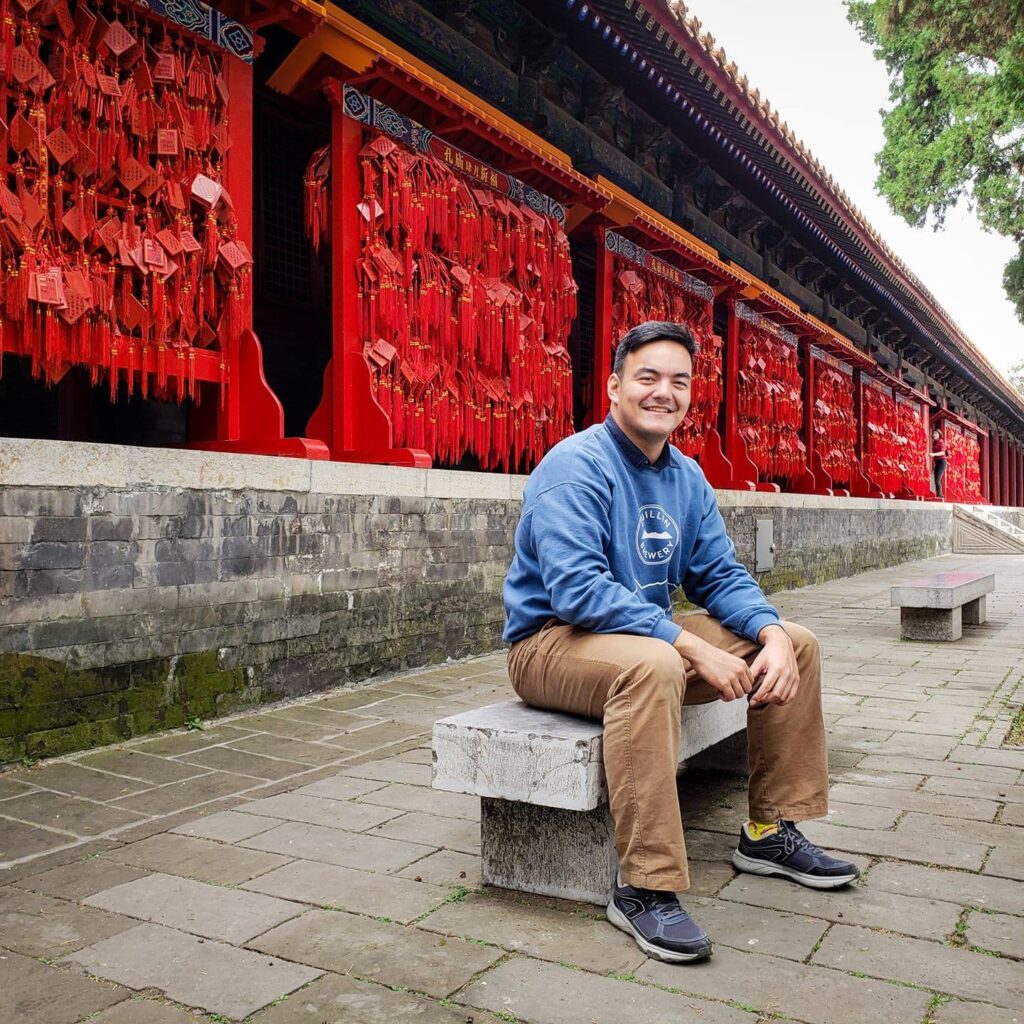
What is the most challenging aspect of community management?
There are two main aspects that we always discuss in the Community Manager space. One is what we in a B2B environment call “investor- or client buy-in”. How do we ensure the client sees the value of community? And how do we prove it to them? One thing is solid numbers or KPIs, which are usually defined for clients who already have experience with the community. But raw numbers are not enough because building communities often include much more intangible and immeasurable things: Human relationships, the feeling of belonging, and so forth.
The other aspect is what many smart community professionals such as David Spinks have named “The Engagement Trap”. Many clients would like to see a lively community with a daily activity that somehow runs itself. But this can’t be forced, and more importantly, this is the result or outcome of good community work. What matters here are your inputs as the Community Manager: How do you provide value to the community members? Why should they bother? And what behaviours would you like to see them perform?
What languages do you manage?
I manage Communities mainly in German and English. Chinese, Spanish, and French are also useful occasionally. In Gaming, English is primarily used, but many gamers prefer the community to be in their mother tongue, so many different languages are used within a community.
What are the best practices for measuring and managing the success of a developing community?
This largely depends on the state you find the community in, as well as the stage (e.g. beginning, two years after launch, etc.). In most cases, it makes sense to set some quantitative KPIs. This ensures that there is a certain level of expectation and regular reporting for the client, investors, etc. Meeting these KPIs should set you off to a good start.
However, as mentioned before, community work is not just about raw numbers. It has the immeasurable aspect of relationship building. Therefore, you should also consider this when measuring your success. Some useful questions that you can ask yourself when it comes to your community: Are people getting value from it? Are they coming back? Do they feel like they belong here? Are they actively participating, and are they behaving in a way that meets the client’s expectations (for example, providing feedback about a product)?
What strategies do you use to maintain a strong community base over time?
Another question whose answer is: It depends on the purpose of the community, the state it is in and the industry. To give a general answer, once again, relationship building is key. You can send out dozens of spammy emails or messages; it will be unlikely that many people will care. If you give the people you would like to participate in your community a feeling of importance and belonging, they will be much happier to participate actively. At the end of the day, we want to give them something valuable and a circle of (online-)people where they feel appreciated and safe.
What made you want to pursue a community manager role?
I started to build my first communities in the early 2000s when I was still a teen, and the internet was new. I’m not even sure I knew what I was doing. I was a big video game nerd and built communities around games such as Lineage 2 and World of Warcraft. After studying in Germany, the UK and China, I was thinking about what I could do to make a living. By chance, I saw a job post about a curious “Community Manager” role. I read it and thought, “Well, that is something I’ve done many times!”. Since then, I have worked in full-time and freelance roles doing nothing but building communities, and with Communitygeeks, I now run my own Community Management agency.
In your opinion, why is it important for businesses to have community managers?
Every business could find a community that could be useful for them. Think about cosmetics and how some brands have communities where people share their experiences and best practices with certain makeup products, perfumes, etc. There are communities for certain sports and even specific sports products.
This is fascinating to me because the industry that I focus on, video games, was pretty much the first industry that had online communities. It made sense: People play online and gather in clans or guilds. They want to find their online friends and share some epic memories. This is not only limited to video games but as we have learnt, it can be experienced across many topics, industries and products.
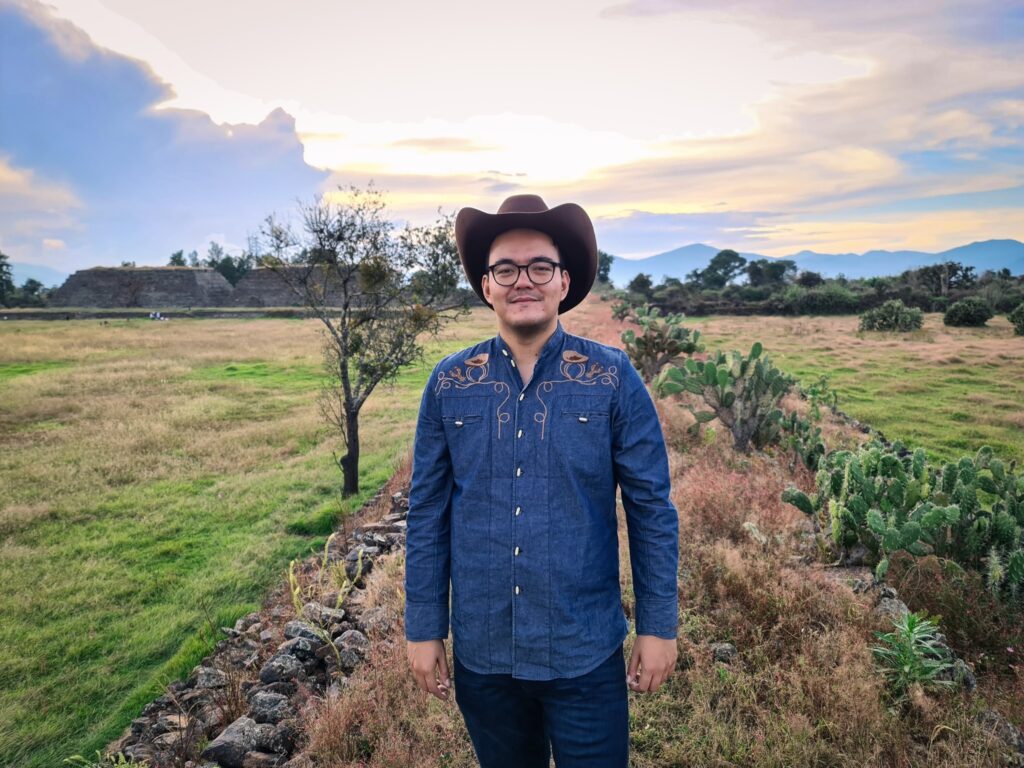


What is your next goal?
Honestly, what I have achieved over the last two years, which were, at times, a painful and humbling struggle, is already more than I would have ever dreamt of as a student. There was a lot of work, especially in the last months, and I would like to take it a bit easier, focus on my physical health and wellbeing and maybe do some diving at the beginning of next year. That does not mean complacency. Of course, I would still like to grow my business and work on more exciting projects.
Which person would you like to have dinner with and why?
There are many! Flake from my favourite band, Rammstein, would be interesting to talk to. He is the keyboarder, but I also suspect him to be somewhat of the mastermind behind many of the band’s compositions. Apart from that, I would also be interested in talking to Gordon Ramsay. I find his perfectionism and passion for food quite intriguing. Lastly, someone who sadly has passed away but continues to be a massive inspiration to me is Anthony Bourdain. There is something about how the godfather of “food blogs” has conducted himself in other countries that not many people can replicate.
What did you dream of doing as a child?
Be a train conductor like my grandfather or a pilot as my father worked at the airport.
What tips do you give people who want to follow a community managing career?
Starting in a full-time or freelance position can be good. You learn more in larger corporate environments where structures and processes already exist. This can be a great learning experience for your first year as a Community Manager. After all, experience is everything.

